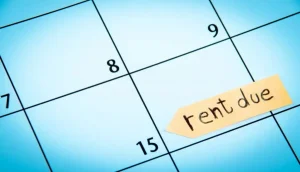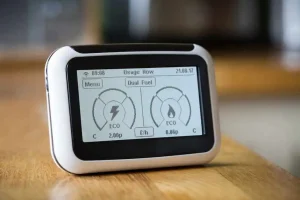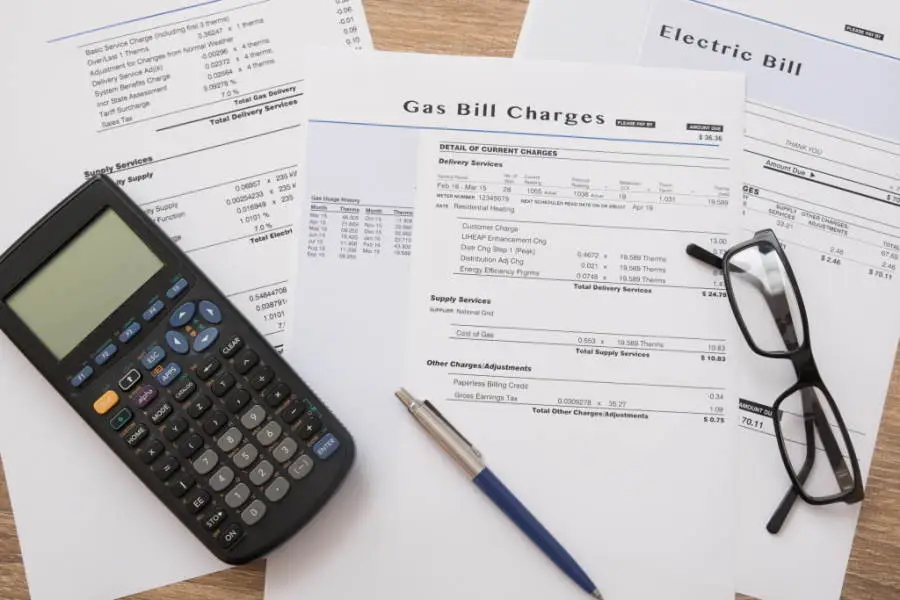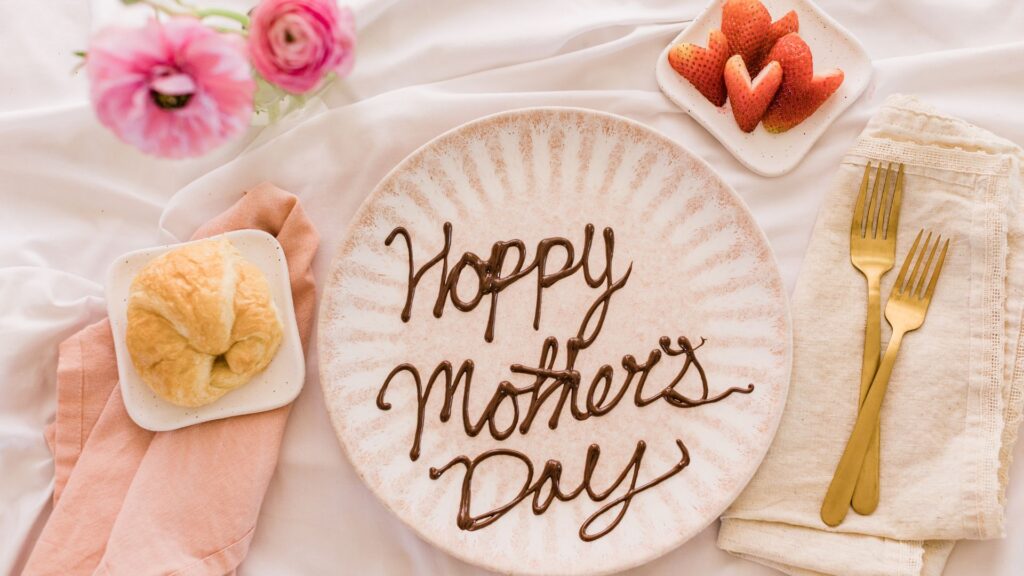A big worry for people at the moment is how to pay their bills. Many people will experience a drop in income during this crisis and our main advice when that happens will always be, make sure you pay your essential (priority) bills first. However, in this pandemic, that may not be possible because it there simply might not be enough money. This article will offer some guidance on what to do during this difficult time and hopefully ease your stress.
First of all
Your income has changed, but what you spend on a monthly basis will probably have reduced significantly as well. It’s a good idea to take stock of your new (if only temporary) situation.
You can download our basic budget planner here or, if you’re already a customer, log into your account here.
Consider – with the current advice and restrictions in place across the UK, you’ll see reductions in at least some of the following areas:
- Fuel and transport – if you’re not working or working from home
- Meals at school/work – again, if you’re not working or working from home
- Childcare – nurseries and after school clubs closed for the majority
- School trips – unlikely to be taking place in this academic year
- Holidays – there are a host of non-essential travel restrictions, grounded flights, and holiday/caravan parks are closed
- Hairdressing/beauty – hairdressers and salons are closed
- Clothing and footwear – Clothing stores are closed
- Leisure – Restaurants, pubs, gyms, clubs/lessons and attractions are closed
- Savings – if you were saving for a rainy day – this is it! (if you need to access savings that are in a notice account, don’t worry – banks are waiving fees to allow instant access)
Your new budget may surprise you, and you may find that you actually have enough money to cover your essential bills and food costs. If not, this article provides more information about the following:
- Rent payments
- Mortgage payments
- Council Tax Payments
- TV Licence
- Electricity Bills
- Water Bills
Rent
The Government has announced legislation that will suspend new evictions from both private and socially rented properties and accommodation during the virus outbreak. This means that your landlord won’t be able to apply to the court to start any proceedings while the crisis is ongoing. However, any arrears that build up will still be due after the crisis ends, so damage limitation is key. You should pay as much as you can afford towards your rent so the amount you have to increase by afterwards is minimal.
If you can’t pay anything to your rent at all, it is important that you speak to your landlord or housing association and make them aware of your financial circumstances. Landlords and housing associations are expected to consider individuals’ circumstances and to try and work out an affordable repayment plan.
Mortgage
For those that have a mortgage The Government announced that it could be possible to take a three-month payment holiday. If you need to do this, it is important that you speak to your lender as soon as possible. It is likely that these requests will be granted on a case-by-case basis. You should be aware that you may need to increase your payment afterwards to catch up, or the payments could be added to the end of your mortgage, meaning you’ll pay interest on them for the remaining term. It’s an important lifeline for people who are really struggling, but shouldn’t be your first point-of-call for cost cutting, or used if you don’t need it, as it may cost you more in the long run.
Council Tax
Nothing has been announced in regards to what will happen with Council Tax (Rates in Northern Ireland) payments. If you pay over 10 months, then payments are due to begin again in April and many Councils have increased the amount you need to pay.
If you miss payments it can very quickly become a serious problem. As it stands, if you miss a payment your local Council will write to you after 14 days and ask you to pay what you owe in 7 days. If you’re able to do this, you will be able to carry on continuing to pay your monthly instalments as normal. If you are unable to make this payment, most Councils will ask you to make the full year’s outstanding amount in one go.
It is important, if you think you will miss a payment to your Council Tax, that you contact your Council immediately and tell them about it before it happens, especially if it’s because of Coronavirus. They may be able to help you if they know your situation.
Gas and Electricity
If you are unable to pay your Gas and Electricity bills it’s best to talk to your provider as soon as possible and explain your situation. They can work with you to make sure your payments are affordable, and check you’re on the lowest tariff. You can still switch providers to get a better tariff, and you can even do this if you have arrears with your current energy company.

If you use a prepayment meter and you can’t afford to top up, you can ask for help from your provider. This could include:
- Credit being sent through the post.
- Money being automatically added to your meter.
- Your provider sending someone to top up your meter for you.
For the most vulnerable people, nPower and the Trussell Trust are working in partnership to provide people with a Fuel Voucher worth up to £30. In order for you to be entitled to this, you must have been referred to one of the food banks that run the scheme by a third party such as a GP or Social Worker.
Good to know
New emergency measures have been put in to place by the Government to protect the energy supplies to people’s homes during this crisis. Disconnection of credit meters has been completely suspended, meaning that no one should go without Gas or Electricity if they are unable to pay for it.
Water
Water companies in England and Wales have support in place if you’re worried about paying your bill because your income has reduced as a result of the Coronavirus crisis. Depending on your specific circumstances, the support you could get may include:
- Special tariffs which may allow you to pay what you owe over a longer period of time
- Payment holidays
- Adjusting your payment plan to take into account your drop in income
- Stopping any enforcement action during the crisis
It is important that you speak to your own Water Company, tell them your situation and see what they can do for you.
TV Licence
If you have had a drop in income and are struggling to make/keep up with your payments, it is important to call TV Licensing as soon as possible. They will be able to answer your questions and work out the best plan going forward.


